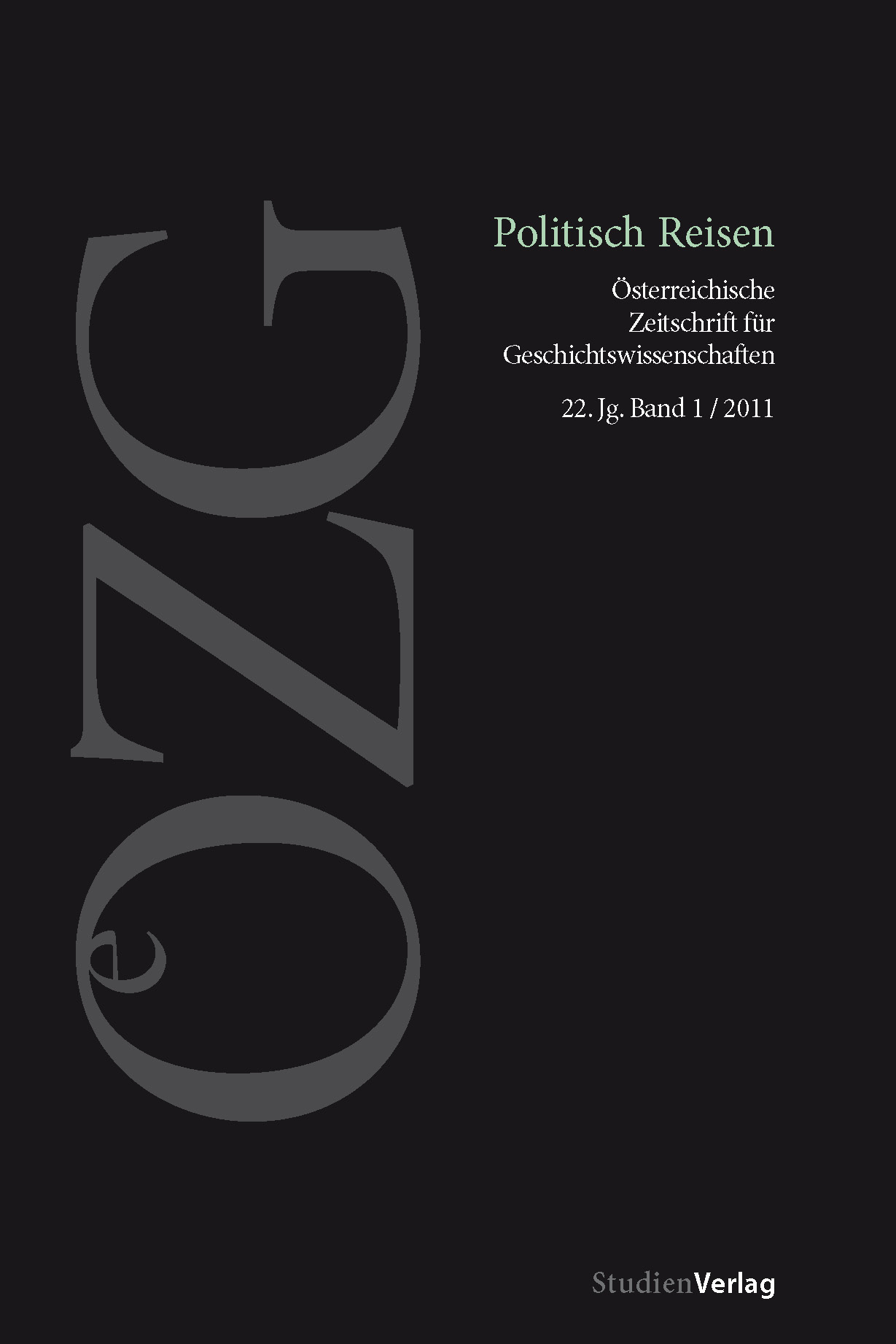Deutsche und britische Gewerkschafter reisen 1926/27 durch Indien
DOI:
https://doi.org/10.25365/oezg-2011-22-1-5Schlagworte:
India, Europe, trade unions, textile workers in India, social conditions in India, Franz Josef Furtwängler, Tom ShawAbstract
With the end of the Great War, Europe’s position in the world was fundamentally weakened. European trade unions became increasingly interested in meeting colleagues from other continents and in studying their working conditions. During the 1920s alone, 15 trade union delegations set off from Europe on journeys to other parts of the world. The most interesting of these was the journey of the Anglo-German textile workers’ delegation through India from 19 November 1926 to 29 February 1927. The delegation gained important insights into working conditions in India, although the dif- ferent background of the delegation members led to more than one disagreement about what they saw. Above all the two German members of the delegation made a notable contribution to understanding Indian conditions. They rejected the notion of European cultural supremacy and tried to avoid applying European standards to Indian realities. Their report about the journey remains to this day a fascinating account of social conditions in India in the 1920s. The Indian experience had an impact upon all members of the delegation, but most of all upon the German trade unionist Franz Josef Furtwängler, who became an uncompromising advocate in Germany of the Indian national movement and published a series of booklets and articles in which he predicted India’s rise as industrial power.


